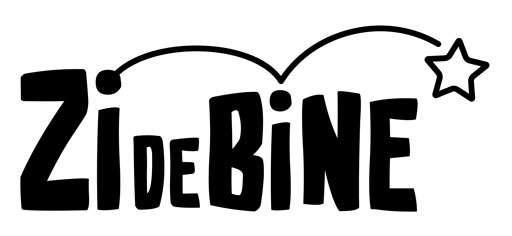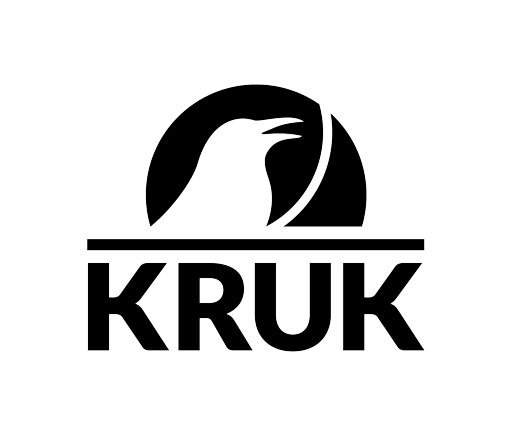Game of Fronts
An increasing number of American Republicans are urging the US to reduce its aid to Ukraine, thereby helping Russia achieve its goals. The positions of the anti-Ukraine faction in the Republican Party is also supported largely by about a quarter of Americans who, according to the latest polls, believe the US provides too much support to Kiev. Similar trends are also being seen in Europe, according to another poll conducted earlier this year. On this "weariness" of populations in allied countries and how governments can counter the "information war of attrition" that the Kremlin is waging to conquer people's minds, reports Foreign Affairs.
Counter-Strike strikes back
Russian censorship has a new enemy. A Finnish newspaper devised a hack that gives millions of Russians access to information banned by the Kremlin while playing an online video game. While competing against each other, Russian gamers, most of them of mobilization or draft age, can read Russian-language reports written by the newspaper's war correspondents in Ukraine, including footage of massacres in the Ukrainian towns of Bucha and Irpin. Read what the editors of the Finnish newspaper who invented this ingenious method of bypassing Kremlin censorship have to say, and how the video game with more than four million Russian fans works, in an article published by japantimes.co.jp.
At the Gates of the Orient
Russia is increasingly becoming economically dependent on Asia, especially China, but Moscow's political future with China is far from clear. Although Putin recently called China a "friend", Beijing does not share the Kremlin leader's attitude towards the West. His attempt to build an anti-Western coalition in Asia has not borne much fruit, and countries such as China, India and even Iran only responded positively to Moscow when they shared an economic interest. An analysis of Kremlin's chances to bring Asia closer in the fight against the enemy in the West, and how illusory Moscow's hopes of doing so are, by themoscowtime.com.
Ukraine and lessons learned in Iraq
What do the US invasion in Iraq, 20 years ago, and Russia's invasion in Ukraine, last year, have in common and what are the differences? The parallels are plenty, from the false pretexts they were launched under to the UN failures the wars exposed, but there are key differences in the underlying motivations that triggered the two invasions, historians and military analysts argue in an analysis recently published by Aljazeera.com. In addition, US military proved more effective in fighting a conventional war in Iraq than Russia has done so far in Ukraine, and while in Iraq, apart from the instability of oil supplies, the repercussions of the war were largely confined to the Middle East, the war in Ukraine threatens to fuel global insecurity.
How free will the Kiev media be
Officially intended to help combat Russian disinformation and propaganda, Ukraine's new media law is stirring up major controversy in Kiev on the grounds that it is becoming a threat to freedom of expression, opponents claim. An important ally of Kiev's government in this regard is the European Commission, which, although with minimal reservations, welcomed the adoption of the law, claiming the reform is in line with the EU's audiovisual media services directive. Opponents of the law, however, denounce the use of European integration as a bargaining chip to force the law through. euronews.com looks closely into this subject in a newly published analysis.
Moscow's hunger for lies
Following the recent circulation in the pro-Russian media of a fake cover of the German daily Handelsblatt, allegedly depicting Zelenskyy surrounded by leaders of European neighbouring countries threatening him with knives, Kremlin's propaganda continues with lies about global food security. This time the target is the European Union, a strong ally of Ukraine, one that Moscow once again predicts will collapse, to the same extent as during the Covid 19 pandemic. On the 37th anniversary of the Chernobyl nuclear disaster, another tragedy that the Kremlin handled with deceitful propaganda, EUvsDisinfo writes about these new Kremlin manipulations in its latest Disinformation Review.
Hydra-70 gets to Kiev
Hydra-70 missile systems, the world's most widely used helicopter-launched weapon systems, according to the military's Army Technology website, will be part of a new round of US military support to Ukraine, worth about $300 million. The deal is likely to be announced this Wednesday and will include demolition equipment and trucks, anonymous officials confirmed to Reuters. Supplies arrive as Ukraine prepares for its long-rumored spring counteroffensive. Read more about the new missile systems and the entire military package offered to Ukraine in a story published the other day by newsweek.com.
Tinder breaks up with Russia
World's most popular dating app recently revealed that it is pulling out of the Russian market by the end of this month, stating it is "committed to protect human rights". The announcement did not impress those who have been calling for Western companies to sever business ties with Russia since the beginning of the war. "What has changed in the last year that made it wake up now? Tinder is fast for dating action but slow on moral action. It should just switch it off tomorrow." said Mark Dixon, founder of the Moral Rating Agency. Hot details on this topic available on BBC's website.
Education
List of schools in Romania offering courses in Ukrainian.

















